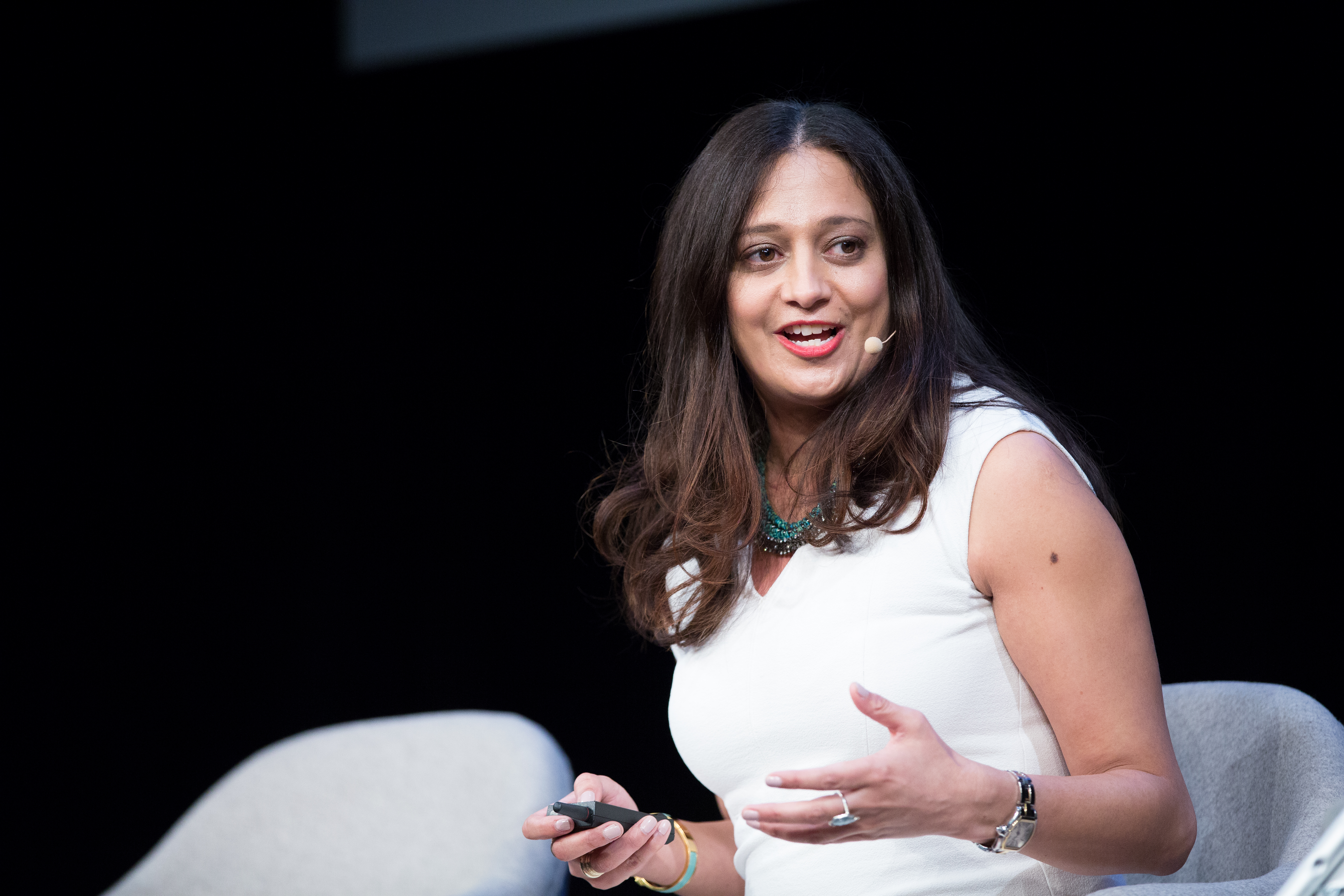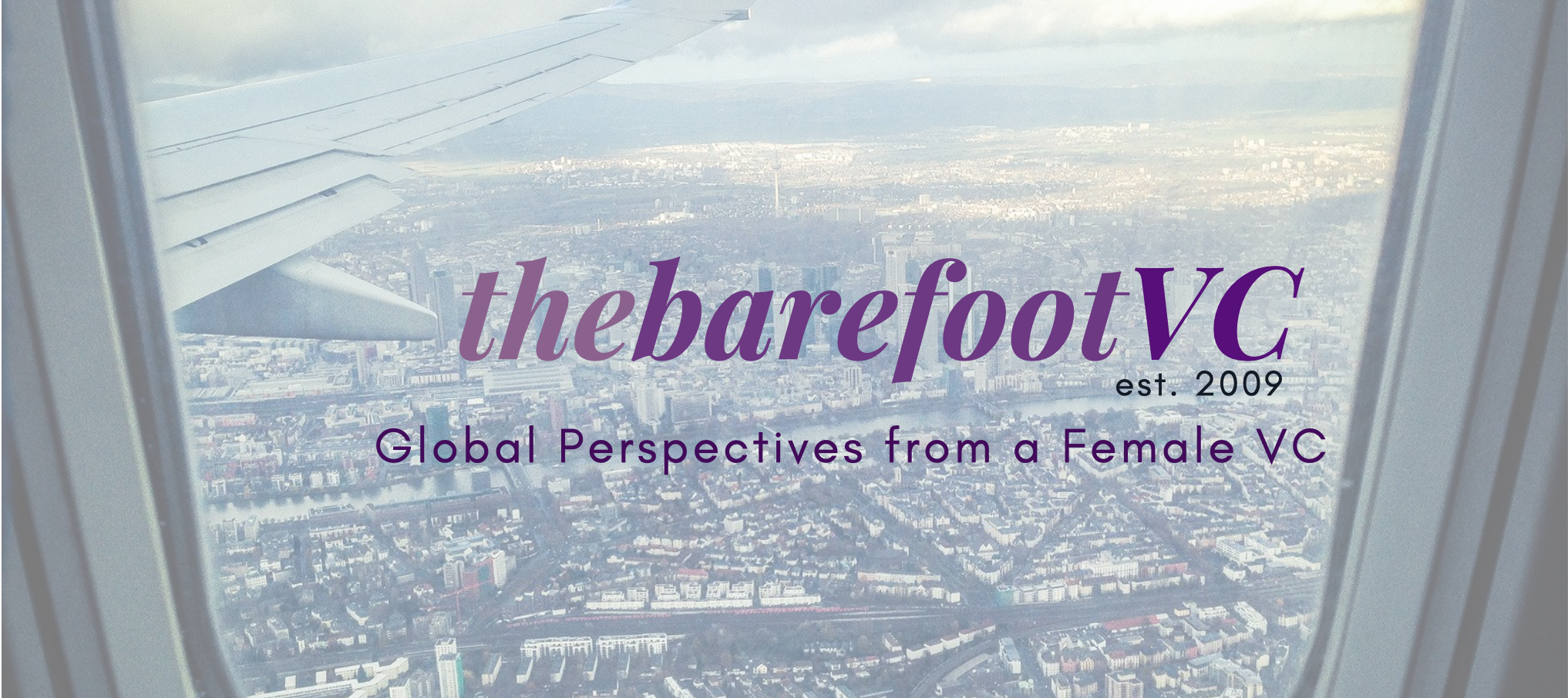My Talk at MIT: Beyond Finance, Considering Business and Social Impact of Blockchains
July 13, 2017

A couple of weeks ago I spoke at a conference entitled “Business of Blockchains” that the MIT Technology Review and MIT Media Lab organized in Cambridge.
One of the reasons I started investing in the blockchain space 4 years ago was the rush I got learning about the tech at my first bitcoin conference – akin to the chills I got when I first logged into the Internet in 1994, when I was deeply passionate about more equal access to education. There were some debates at the MIT conference on where we were in blockchain development vs the internet (is it 1960’s or 1990’s?). I’m not sure that this is the right way to frame it. Successful investors know when to draw inferences – but are also aware of conditions that create new opportunities. Pattern recognition is straightforward and linear– the way to recognize and invest in disruption is thinking along multiple dimensions. Disruptors are dismissed until they aren’t. This time around, I believe we have the right conditions for exponentially more progress than ever before.
The core of the talk was to explain how decentralized technology is the next generation of what we saw develop with the internet. This time around, we are seeing simultaneous development of the infrastructure (protocols and middleware) and applications. I believe the development we’ve seen in the emerging markets in the past 20 years is key to why we have the right conditions for disruption. In the 1990s most of the world didn’t even have telephone connectivity. This time around we have connectivity, but vast underserved markets in services such as banking accounts and healthcare. As I note in the talk, while we have 6 billion mobile phones in the world, only 29% of women in India are on the internet – connectivity has not solved everything.
Just as we saw new business models proliferate around the internet, we will see new business models enabled by decentralized connectivity. Decentralized connectivity in my mind is not just blockchain, but the combination of edge computing, advanced data analytics (including AI and machine learning), better security, and the internet of things.
Two examples I use in the talk is the emergence of more efficient, real time peer to peer markets and the securitization (and transparency) of assets so that more people can participate in the worldwide economy. What’s exciting about this is not only the increased access of services, but also the emergence of new marketplaces and models that will be created by a bigger swathe of the world population. This global, truly connected (peer to peer, not through intermediaries), and smarter network will benefit all of humanity. I’m excited to have funded some leading companies that will play an important role in this decentralized future – and even more excited for what’s to come in the next 5-10 years. And to those of us who have been working for a more inclusive, equitable, and meritocratic economy for a long time – our time is arriving. Progress won’t necessarily be linear – but it is inevitable and will be exponential.
